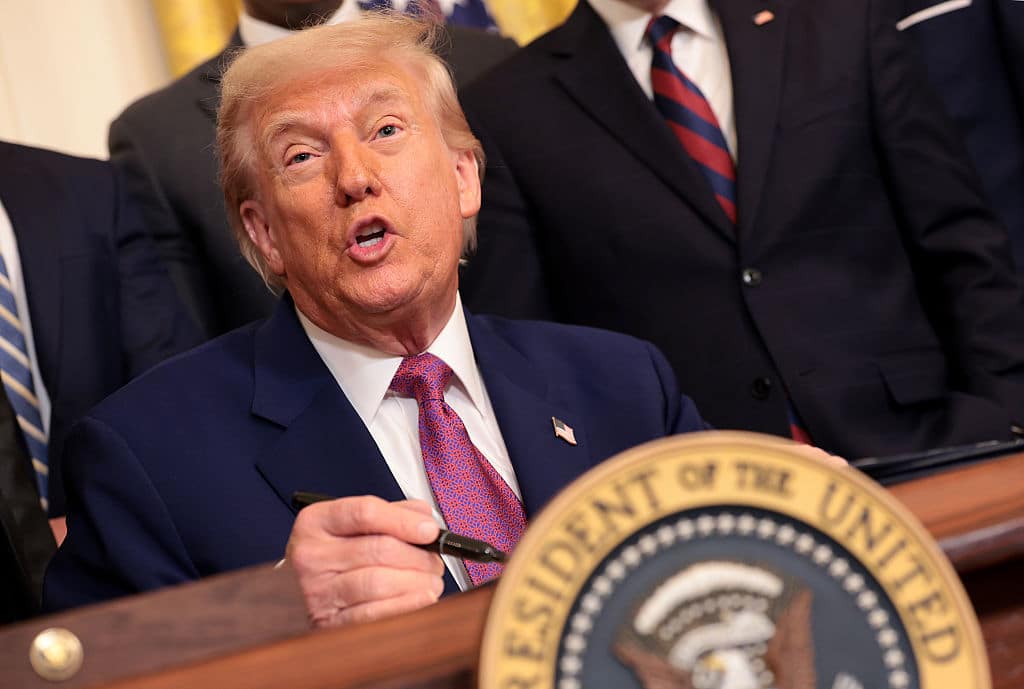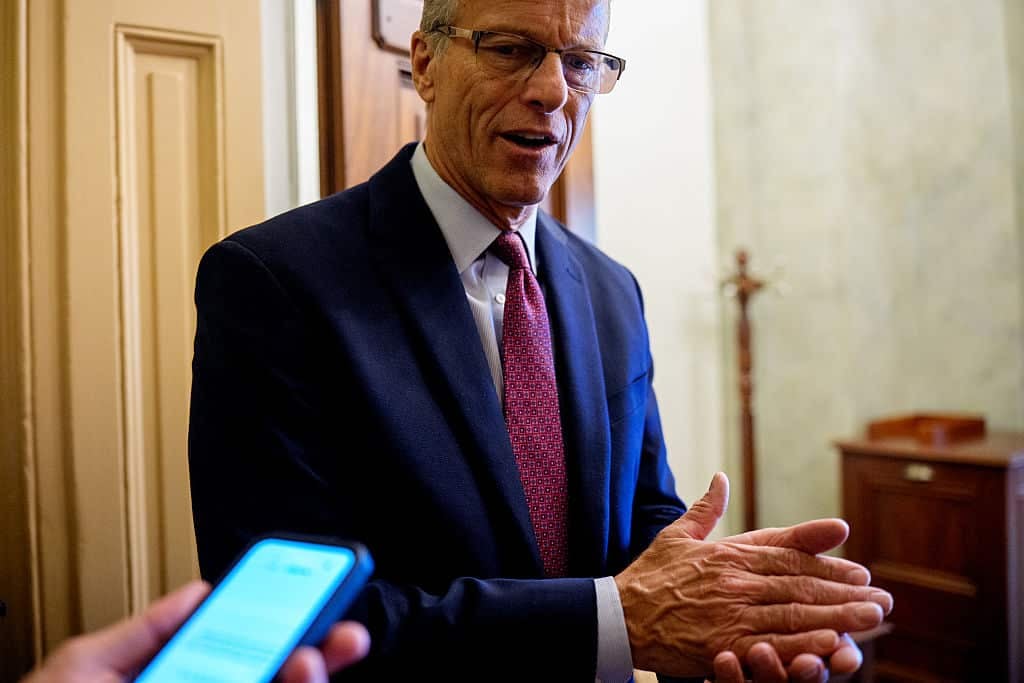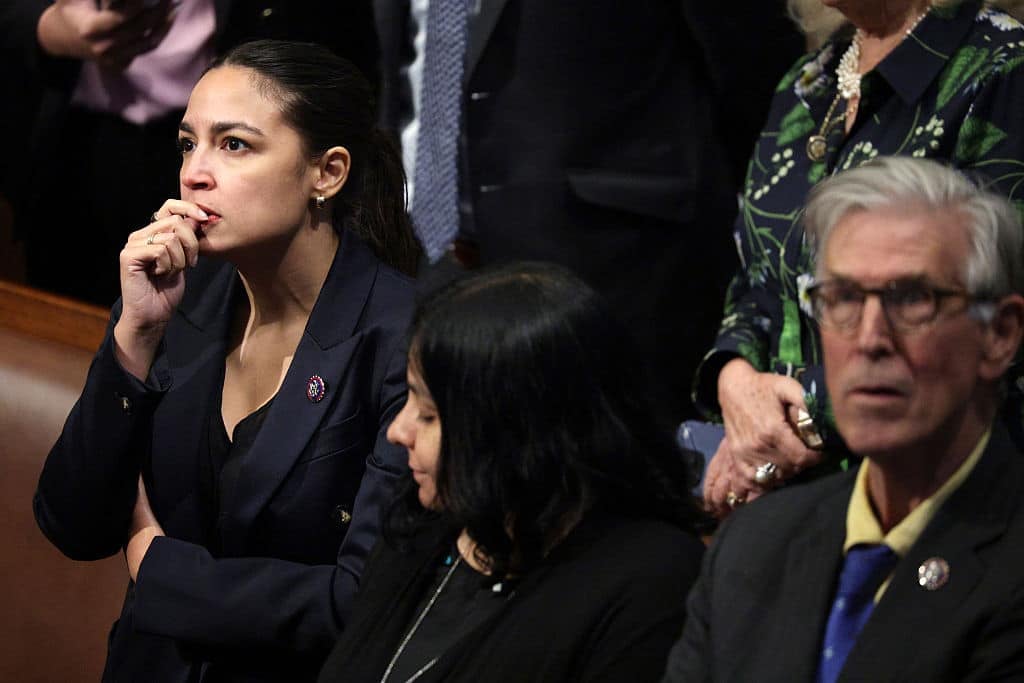Another “America First” move from the president…
President Trump is preparing to impose a $100,000 fee on H-1B visa applications — the administration’s newest strike in a long campaign against what it calls a system abused by tech companies to sidestep hiring American workers, according to multiple White House officials.
The president is expected to sign the order as soon as Friday. Details remain unsettled: how exactly the charge will be applied, and to whom. At present, H-1B hopefuls pay a modest fee to enter a lottery, and those lucky enough to win pay a larger sum to file their full applications.
The H-1B program has long been a point of tension between Trump and Silicon Valley. Executives at Amazon, Google, Tesla and others have pressed the president in private meetings to preserve access to foreign talent. The workers — overwhelmingly from India — fill jobs in software, engineering and computer science.
Even within Trump’s circle, the program has divided loyalties. Some aligned with the MAGA movement say it has allowed “primarily Indian men” to claim lucrative American tech jobs. But business-minded Republicans — among them David Sacks, Trump’s artificial-intelligence czar — insist the visas are vital to keeping U.S. companies competitive in a global hunt for talent.
Elon Musk, once the program’s fiercest defender inside the administration, broke ranks when he left government last spring. Other immigration officials, including Joseph Edlow, who heads U.S. Citizenship and Immigration Services, have voiced skepticism. Under Edlow, the agency had readied a regulation to tilt the lottery toward applicants with higher salaries. That plan was quietly stalled at the White House.
Whether Trump’s new proclamation can withstand challenge is uncertain. Typically, Congress or a formal regulatory process — with notice and public comment — is required to set new visa fees.
The H-1B, created in 1990, remains the chief gateway to the United States for highly skilled foreign workers. Visa holders can eventually seek green cards, securing the right to remain permanently. The program is perpetually oversubscribed: companies file hundreds of thousands of petitions for just 85,000 new visas each year. A lottery determines the winners. Universities and many nonprofits are exempt from the cap.





